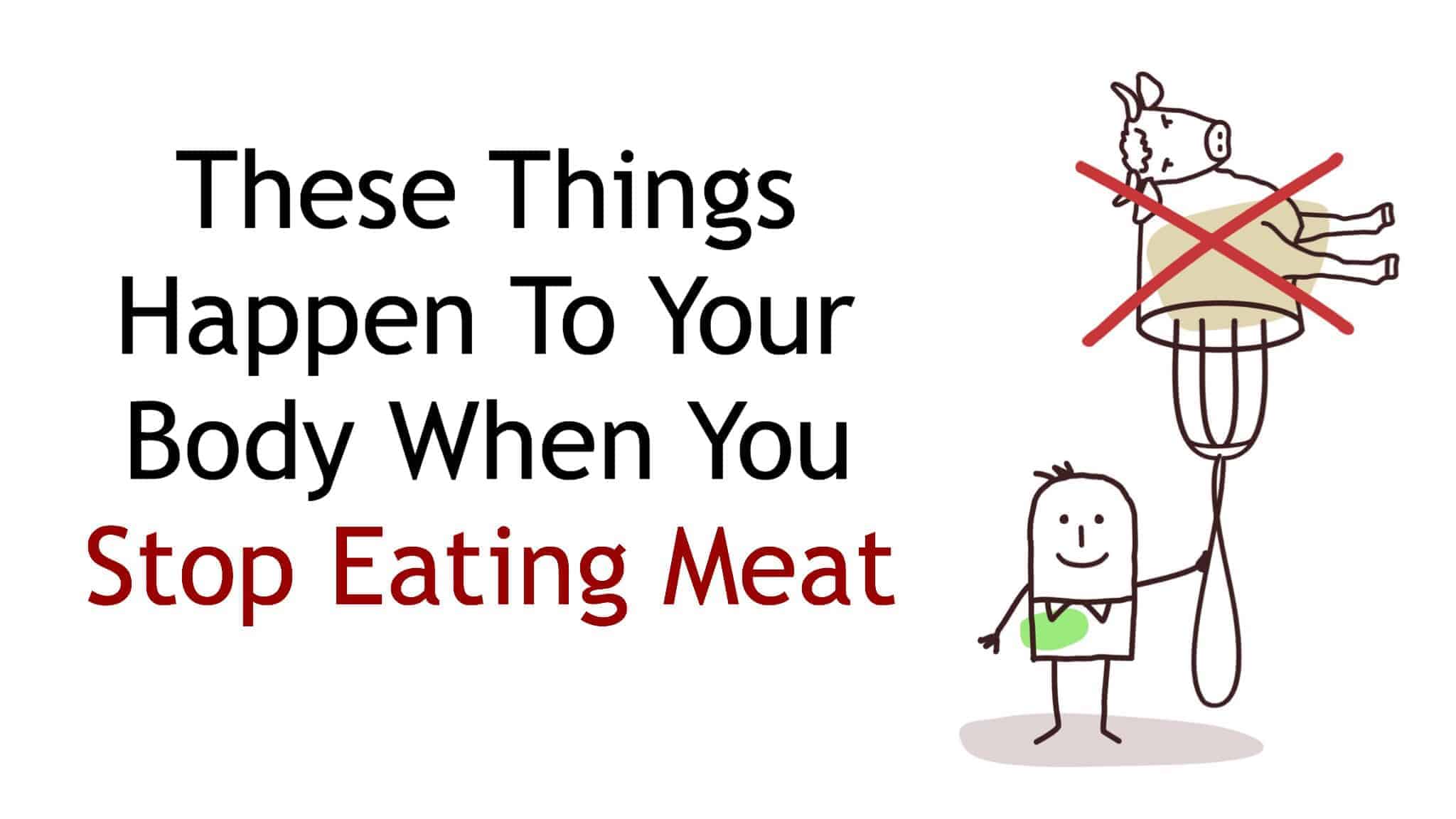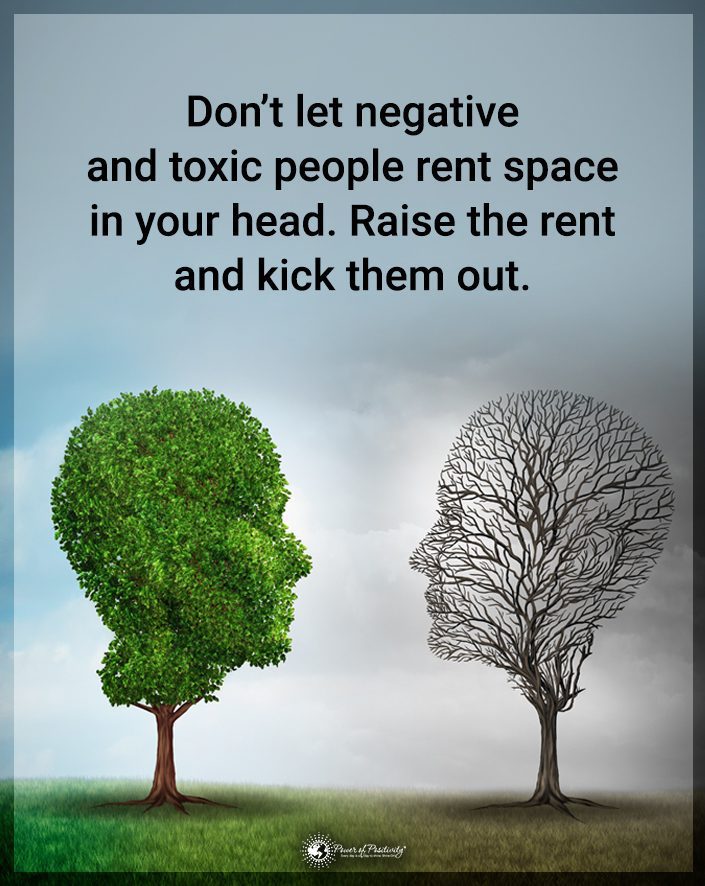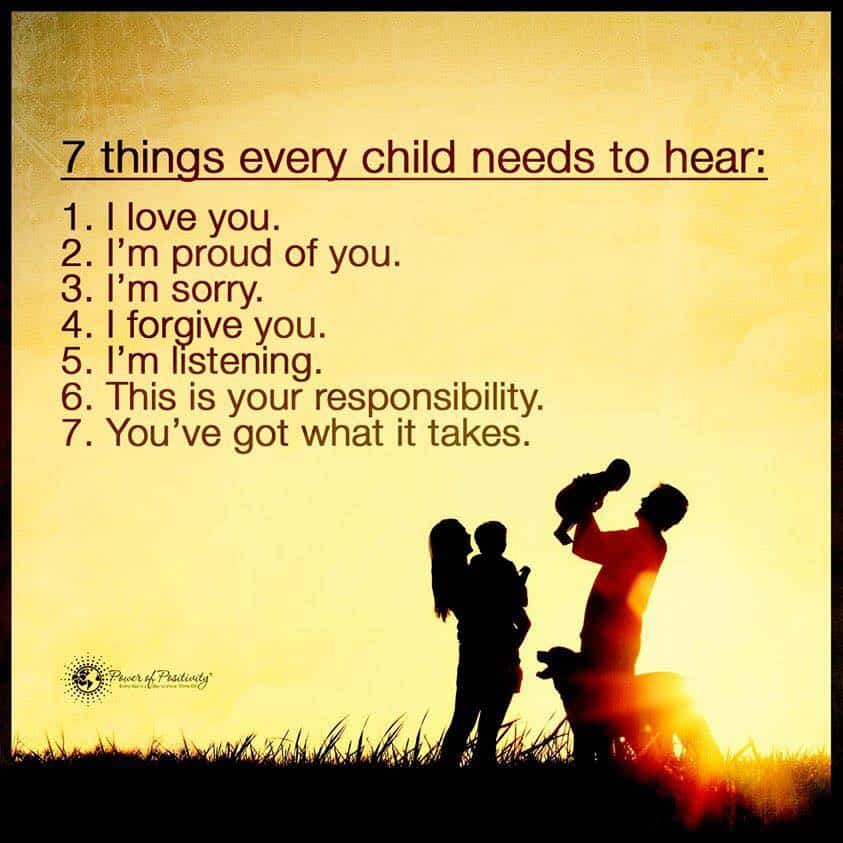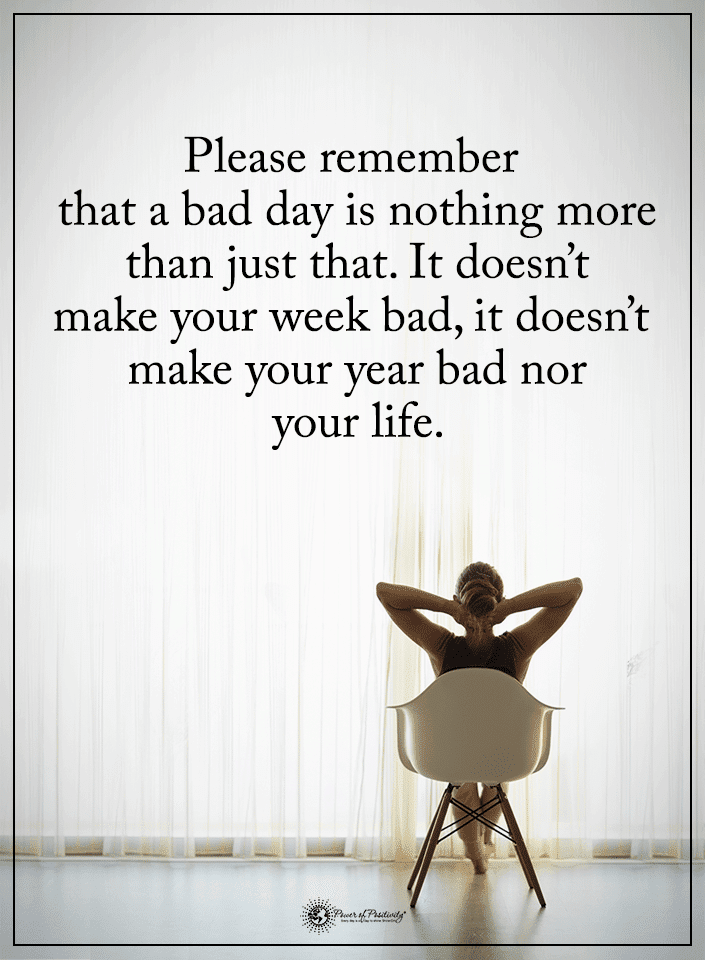Do you like to exercise? If so, you know that reaching this stage of enjoyment didn’t come naturally. After all, exercise requires extra will and effort – two things that 99 percent of us are short on. (Since work pretty much takes all the will and effort we can muster!)
The good news is, if you stick with it long enough, exercise hooks you. In fact, after the habit is established, we become pretty miserable if we don’t get our workout in. That’s because working out literally changes the neural pathways of the brain, resulting in a body that craves feel-good hormones released during exercise.
So, how do you teach yourself to like exercise?
“Fitness is my release from the stress of school and everyday life. If I am frustrated, angry, or just under a lot of pressure, working out helps calm my nerves. It gives me an outlet for all my emotions and makes me generally happier. It also gives me confidence…but also after I survive a really tough workout, I feel like I can accomplish any task put in front of me.” – ‘Jessie E.’, Portola Valley, California
1. Do something that you enjoy.
One of the most frustrating things that some fitness “experts” say is that you need to do specific exercises to stay in shape. This isn’t even remotely accurate. Now, if you have the goal of, say, adding 10 pounds of muscle, a strict weight training regimen is in order. Likewise, if you want to run a 10-kilometer marathon, it’s a good idea to run according to a set schedule.
But if you merely want a lean and healthy body, playing a sport or finding an exercise routine that you enjoy is totally fine. Play basketball, go mountain biking, walk your dog, hike a trail, take tennis lessons. In short, staying active doesn’t require a gym membership or a personal trainer.
2. Look at the benefits
Even moderate physical activity provides a ton of health benefits. Physically, exercise improves muscle strength and boosts endurance. Regular exercise also increases blood circulation, delivering much-needed nutrients to your organs and strengthening every primary organ – especially the cardiovascular and respiratory systems.
Mentally, there is no better stress-buster than exercise. Working out enhances cerebral blood flow, improves memory, strengthens focus and concentration, and accelerates learning. Moderate exercise also provides us with a steady stream of “feel-good energy” to get us through the day.
3. Find the right environment
If you want to enjoy exercise, it is crucial to find the right workout environment for you. Some people swear by the gym; some love to get out into nature; others really don’t care about the environment as long as they break a sweat. Some people like working out alone. Others want an exercise buddy. You get the picture.
Also, don’t underestimate the importance of finding a comfortable place. Working out in the right environment for you will make exercise that much more enjoyable.
4. Listen to music
If you see a person exercising, there’s a good chance you’ll spot them wearing earplugs. It turns out that there’s a good reason: listening to music while working out is like gifting your brain with a double dose of dopamine.
Brain research shows that music affects your mood by stimulating the formation of brain chemicals in the pleasure-reward system (PRS). The PRS provides those butt-kicking feelings of drive and motivation we need to get through a tough workout.
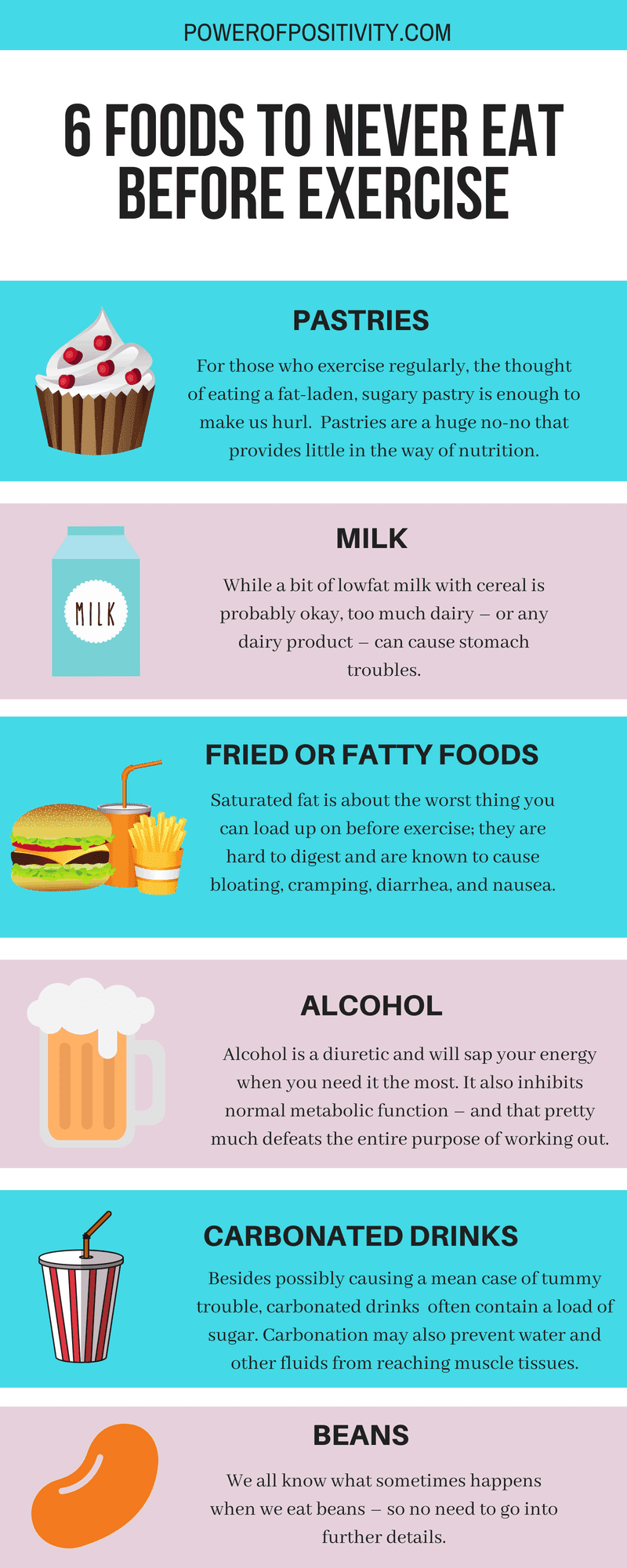
5. Challenge yourself…but not too much
Some people start off way too fast, and then get discouraged when they can’t keep up with themselves. A few others start off way too slow, meandering around the gym without doing anything strenuous and then going home.
Begin at a pace that is challenging but doable. To the meanderers, you do know you’re paying for that membership, right? At least get on the treadmill and walk or something!
6. Stick with it
While we’ve given you some tips on how to learn to enjoy exercise, they won’t help unless you apply a bit of self-discipline. Even doing something you enjoy can be hard when you’re lying in a comfy bed within arm’s reach of the snooze button!
Keep it up, and before you know it, you won’t need an alarm clock. Your body will be up before your alarm – just aching to get your workout on!


